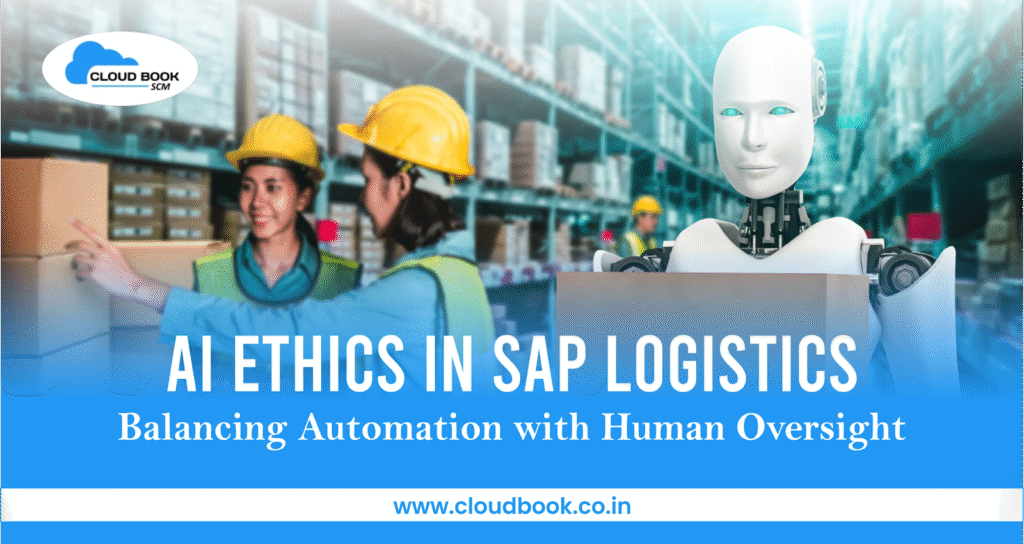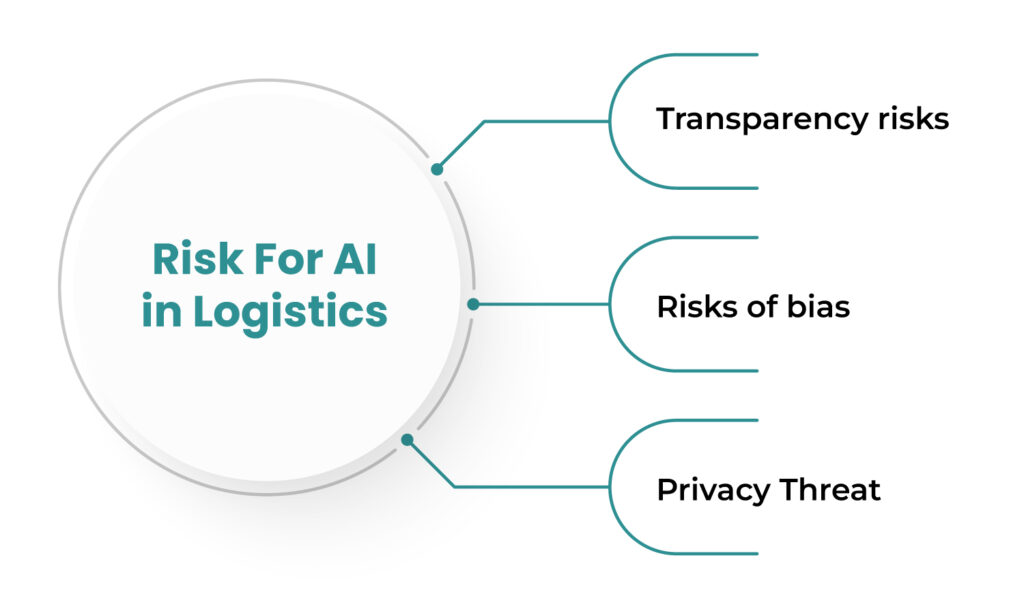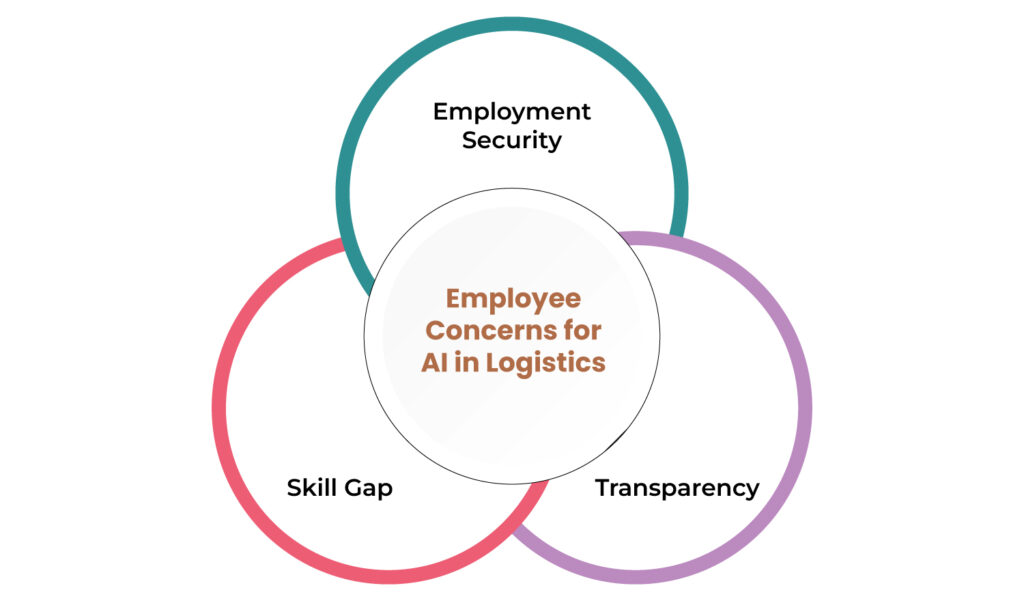AI Ethics in SAP Logistics: Balancing Automation with Human Oversight

Artificial intelligence (AI) is driving the supply chain revolution globally, and SAP logistics modules, including MM, EWM, and TM, are at the forefront of this transformation. AI-based solutions also promise to be fast, accurate, and cost-effective in automating procurement and transportation optimization. With this power, however, there is responsibility. Companies need to consider AI ethics so that automation can help promote equality, openness, and accountability without marginalizing human judgment.
What Is AI Ethics in SAP, and Why Does It Matter in Logistics?
When individuals pose a question about what AI ethics is, the answer is straightforward: it is the implementation of moral principles in AI systems in a manner that aligns with human values. Within the SAP ecosystem, SAP AI ethics refers to ensuring that automated demand forecasts, procurement decisions, and warehouse assignments are unbiased, transparent, and fair.
The logistics sector is particularly delicate, as every decision affects costs, supplier relationships, customer experience, and the livelihood of workers. Ethics is a business-critical parameter, as automation can have unintended negative consequences.
Ethical Implications of AI and Automation in Supply Chains

Automation delivers efficiency, but it can also create ethical challenges if not carefully managed:
- Transparency risks: Black-box AI is not easily understandable, making it unclear why a particular carrier or supplier is selected.
- Risks of bias: Models that are trained with historical data might be disadvantageous to smaller suppliers or groups of workers.
- The privacy threat: It is not difficult to turn to tracking technologies in warehouses, which may border on surveillance.
To strike the right balance between these risks and efficiency, it is essential to implement ethics from the outset.
The Role of Human Oversight in SAP Logistics
Automation does not imply the exclusion of people in the decision-making process. In SAP logistics, human control is a crucial area that ensures critical approvals, exceptions, and escalations are managed responsibly. Indicatively, although AI can optimize routing in SAP TM, high-value shipments or atypical routes still require review by managers and subsequent implementation. Such a balance maintains automation as cost-efficient while also incorporating human judgment as responsible.
Employee Concerns About AI in Logistics

Adopting AI can raise anxiety among employees. Common concerns include:
- Job security: Fear of automation.
- Transparency: Insufficient understanding of how networks of AI models make decisions.
- Skills gap: Uncertainty about how to handle new technologies.
The way to mitigate these concerns within the organization is by demonstrating how AI augments and does not replace jobs, providing reskilling options, and ensuring transparency in decision-making.
Ethical vs. Unethical: Drawing the Line in SAP Use Cases
In SAP Logistics, the line between ethical and unethical use of AI is clear when guided by principles:
- Examples of ethical concerns Include Bias-Tested demand forecasting, interpretable procurement suggestions, and warehouse monitoring that respects privacy.
- Hidden worker surveillance, assigning tasks based on discriminatory principles, or imposing completely automated penalties without appeals are all examples of unethical elements.
This line is used by businesses to protect both workers and customers.
Ensuring Fairness, Auditability, and Compliance in SAP AI
Ethical AI requires measurable controls. Businesses should:
- Check equity in such KPIs as the diversity of suppliers in the procurement or the fairness of tasks in warehouses.
- Ensure that it is auditable by keeping documentation regarding AI-driven decisions on the SAP systems.
- Adhere to the policies, including GDPR, data protection legislation, and industry-related labor laws.
These practices not only make AI more ethical but also more defensible in audits and legal reviews.
Implementing Principles of AI Ethics in SAP Logistics
Turning ethics into action means:
- Data governance: Work with impartial, private, and clean data.
- Lifecycle testing: Audit testing of pre-deployment audit models.
- Human-in-the-loop: Establish limits at which human approval is required.
- Constant supervision: Observe drift or other unforeseen results, and retrain where necessary.
Such steps, incorporated into SAP initiatives, can ensure that AI is not in opposition to human values.
Who Owns What: Governance and Accountability in SAP Projects
Responsibility cannot be indistinct. SAP AI ethics should be shared undoubtedly:
- Developers: ensure that it is sound and transparent.
- Managers: embrace AI workflow and reduce risks.
- The compliance teams ensure compliance with regulations.
- Executives: paint red lines and leave ethical limits.
Shared governance means that no decision is made without critical consideration.
Broader Impact – Why AI Ethics Matters for Business and Society
Ethical SAP logistics improves brand image, reduces risks, and fosters trust among suppliers, customers, and employees. At the societal level, it will ensure that automation in the supply chains promotes inclusivity, sustainability, and equitable labor practices. In brief, AI ethics protects profit and man.
Where AI Models Break Under Ethical Pressure—and How Oversight Prevents It
AI can fail in moments of disruption—such as demand spikes, supply shortages, or biased historical datasets. Oversight prevents damage by:
- Conducting stress and scenario planning.
- Retaining human override choices in the high-impact workflows.
- Introducing backup procedures to customers and suppliers.
- Oversight ensures that when models break, businesses don’t.
Final Thoughts: Building Ethical and Human-Centric AI in SAP Logistics
SAP logistics will continue to evolve due to the integration of AI and automation; however, technology should never act without considering human values. Organizations can enhance the efficiency of their decision-making without compromising trust by integrating SAP AI ethics principles into their processes, ensuring human oversight, and making a commitment to fairness.
At SCM Cloudbook, SAP professionals have a future that consists, however, not only of the knowledge of how to work with logistics modules, but also of learning how to apply ethics to AI-based supply chains. The strategic balance between automation and human control is the only key to sustainable and future-proof logistics.



